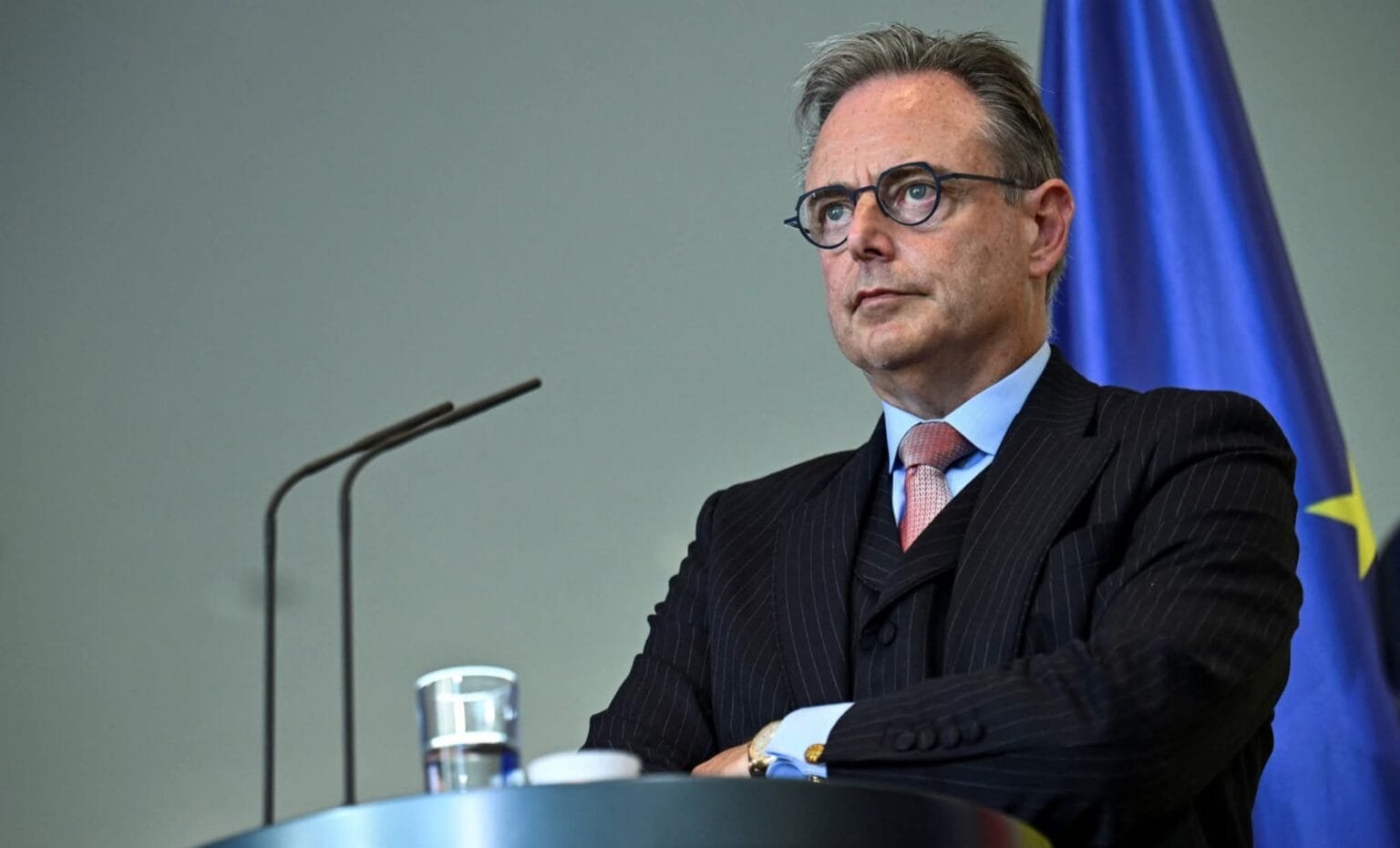Belgium has called on its European Union partners to formally share the legal and financial risks tied to a proposal to use frozen Russian assets to help finance Ukraine, as EU leaders consider a €140 billion loan to Kyiv under a plan centered on those immobilised resources.
During the EU summit in Copenhagen, Belgian Prime Minister Bart De Wever emphasized that Belgium, which holds the bulk of these frozen Russian assets via Euroclear in Brussels, cannot bear the risk alone. He insisted that other member states provide guarantees—and even signatures—ensuring collective responsibility in case the plan runs into legal or diplomatic counter-measures from Moscow.
The proposal under discussion aims to use the cash balances from Russian central bank securities frozen under sanctions to help plug Ukraine’s financing gap in 2026-27. But because sovereign assets are protected under international law, using them—even immobilised ones—could trigger legal challenges, demands for compensation, or other forms of retaliation by Russia. Belgium’s fears include potential lawsuits and damage to Euroclear’s operations.
European Commission President Ursula von der Leyen responded to De Wever’s concerns by assuring that the EU will work to address Belgium’s legal vulnerabilities and ensure that “Belgium cannot be the only member state that is carrying the risk.” She said the burden must be distributed more broadly across the EU.
Reception among EU leaders is a mix of general support in principle and caution in practice. Many agree Ukraine needs sustained financial backing, but the legal, financial, and diplomatic complexity of turning frozen assets into a loan guarantee mechanism is significant. Some member states have raised concerns about how to comply with international law, possible retaliation, and repercussions for markets and financial centres.
Meanwhile, Russia has condemned the plan, denouncing any attempt to use its frozen assets as “theft” and warning of consequences, including litigation. Brussels must therefore navigate not only internal EU risk-sharing but also external diplomatic fallout.





